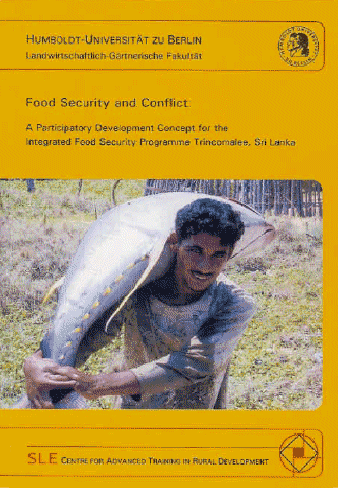Participatory Needs Assessment - Nutrition and Food Security - Brief Description
|
|
Experience in most developing countries has shown that, when a community is fully involved in the design, implementation, monitoring and evaluation of nutrition, poverty related or other development projects, efforts to improve nutrition are likely more effective. Participatory approaches often meet the perceived needs of the population in the community and enable processes to be more sustainable. Malnutrition is a serious problem in many developing countries. Particular nutritional deficits are often identified in specific groups within a community rather than in the population as a whole. Therefore, interventions to improve nutrition should be targeted to these groups specifically, but need to address the population on the level of the entire community. Participatory methods that facilitate the assessment of the villagers needs towards a better nutritional situation include:
The following publication provides useful conceptual and methodological information to plan a participatory needs assessment in the context of nutrition and food security. Implementing a Nutrition Baseline Survey takes several weeks or months and requires specific skills to design and apply the questionnaire as well as to analyse the collected data. Cross-reference:
|
